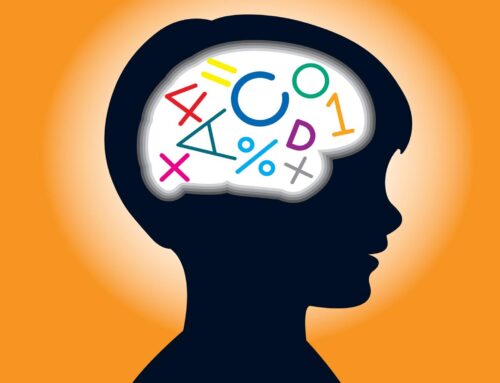The following case example is a typical referral that is received at our group practice.
“My child just does not listen to anyone in school or in the home. He fails to follow directions, does not complete assigned tasks, has major tantrums when I ask him to pull his weight around the house with chores, and is disrespectful towards my husband, his teachers, and myself. I receive multiple reports each week of him disrupting the classroom environment through inappropriate behavior such as talking out of line, making noises when working and constantly moving around the classroom. In addition, he has few friends because other kids don’t want to be around him. I’m at my wits end. Can you help me?”
Parents often turn to us to provide answers and help ameliorate behavioral difficulties that are affecting the child’s academic, social, and family environments. The middle childhood years – ages six to 12 – are critical in the development of children with Attention Deficit Hyperactivity Disorder, or ADHD.
Middle childhood is the period during which children’s behavioral patterns firm up, and are more easily differentiated from their peers in terms of core symptoms of ADHD, including inattention, impulsivity, and hyperactivity, as well as non-compliance. It is during these years that these children will seamlessly move in and out of acceptable and unacceptable behavior patterns, displaying developmentally normal and abnormal behavior. If left untreated, these behavior patterns may develop into more serious problems such as academic underachievement and conduct problems.
So what can parents do to help guide a child with ADHD toward a path of success?
A comprehensive psychological evaluation is often recommended as the first step in treatment, especially if the child is experiencing academic difficulties. Children with ADHD present with similar symptoms as those with other disorders such as anxiety, depression and specific learning disabilities. In addition, these disorders can all occur simultaneously in a child with ADHD. That is why it is important to examine a child’s overall functioning through background information, standardized testing, and behavioral observations. An appropriate diagnosis helps guide recommendations for the home and school.
Contact us to schedule a comprehensive evaluation for your child, or to learn more about the services offered at Georgetown Psychology Associates.
In our next post, we will highlight intervention methods for managing ADHD in middle childhood. Stay tuned!




